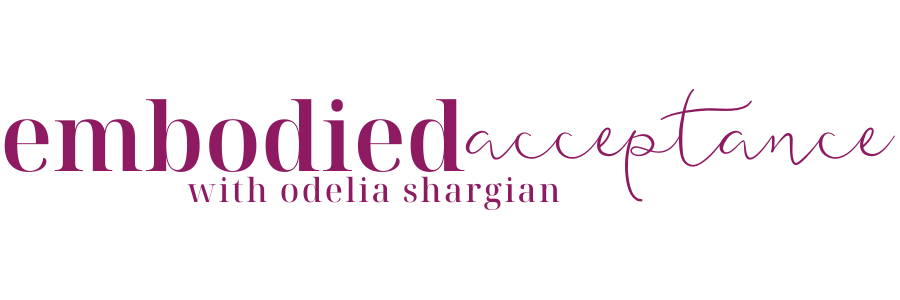What does a “successful” relationship look like?
We live in a culture that treats relationship endings as synonymous with failure.
Mononormativity—the assumption that monogamous, lifelong partnership is the ultimate relationship goal—tells us that “forever” is the only valid measure of success. When a relationship shifts, ends, or transforms, we’re often met with pity, shame, or judgment.
But what if that narrative is simply… wrong?
In reality, relationships end for many reasons, and not all of them are tragic.
Sometimes people grow in different directions. Sometimes a connection serves its purpose and completes. Sometimes a relationship ends with love still present.
That’s not failure—that’s conscious uncoupling…a phrase you might have heard before.
Coined by Katherine Woodward Thomas, the term “conscious uncoupling” offers a powerful alternative to the cultural script of bitterness and blame. It’s about ending a relationship with intention, mutual respect, and emotional responsibility.
It recognizes that love can shift forms and still be honored.
This idea aligns beautifully with what Mark Michaels and Patricia Johnson describe in their book Designer Relationships: relationships should be intentional, adaptive, and shaped by the people in them—not by rigid cultural expectations.
As they write, “The only ‘failure’ in a relationship should be a failure to be authentic.”
A client of mine recently described sitting on the couch with their long-term partner, holding hands as they acknowledged—through tears—that their relationship had reached a natural completion.
There was no betrayal, no dramatic ending. Just honesty.
They spoke about how they had grown together, what they had taught each other, and how grateful they were for the time they shared.
“I still love them,” my client said, “but it’s changed shape. We’re just not meant to walk forward in the same way anymore.”
That conversation became one of the most tender and courageous moments of their relationship.
In this model, success isn’t about staying together at all costs. It’s about authenticity, agency, and mutual growth—even if that means lovingly parting ways.
Let’s release the shame that says endings equal failure.
Let’s recognize that sometimes the most loving thing we can do is let go—with grace, with compassion, and with the understanding that the relationship was a success, simply because it was real, intentional, and true to who we were in that moment.
If you’re navigating a relationship transition—whether it’s an ending, a transformation, or simply a question mark—you don’t have to do it alone. I support individuals and couples in approaching these moments with clarity, compassion, and care.
